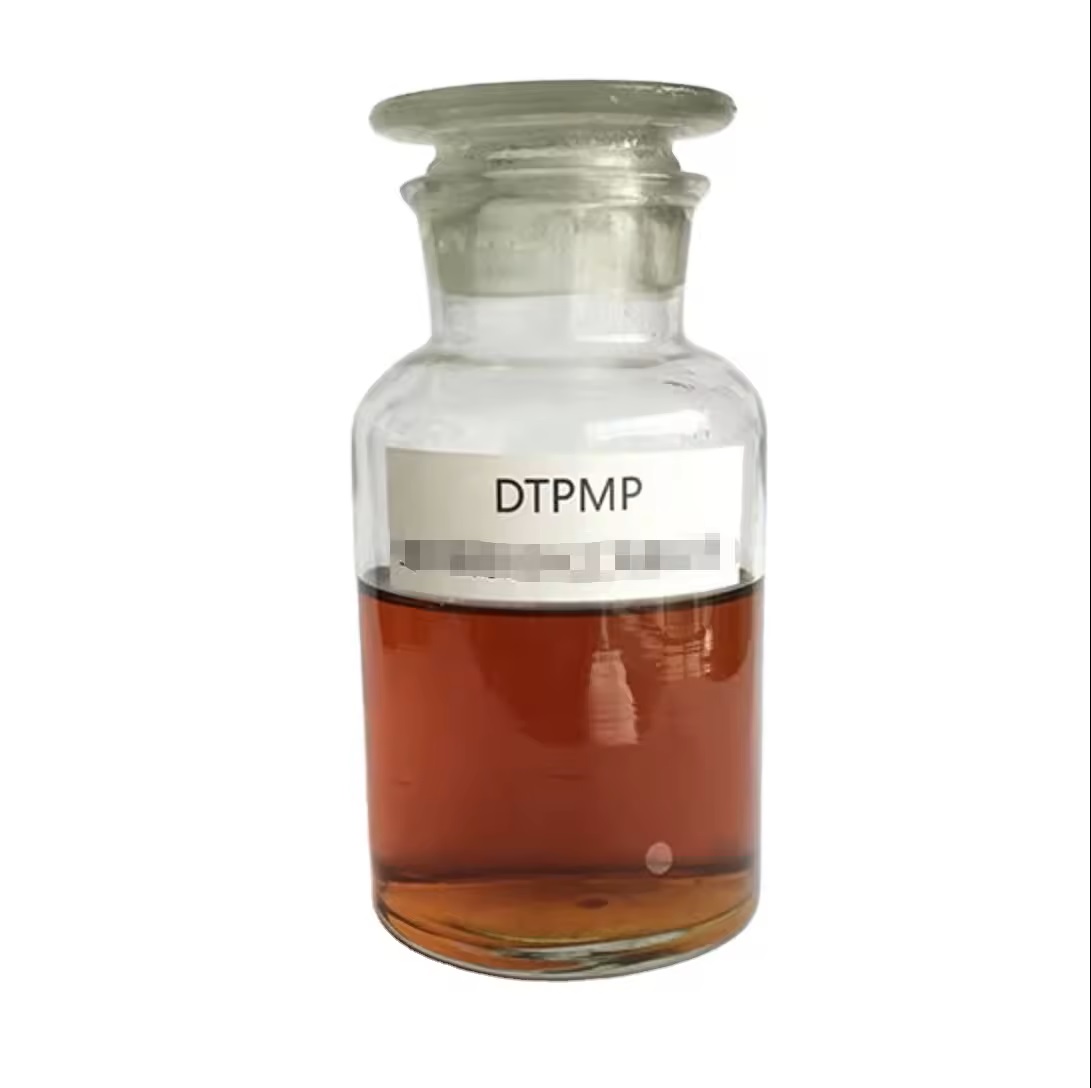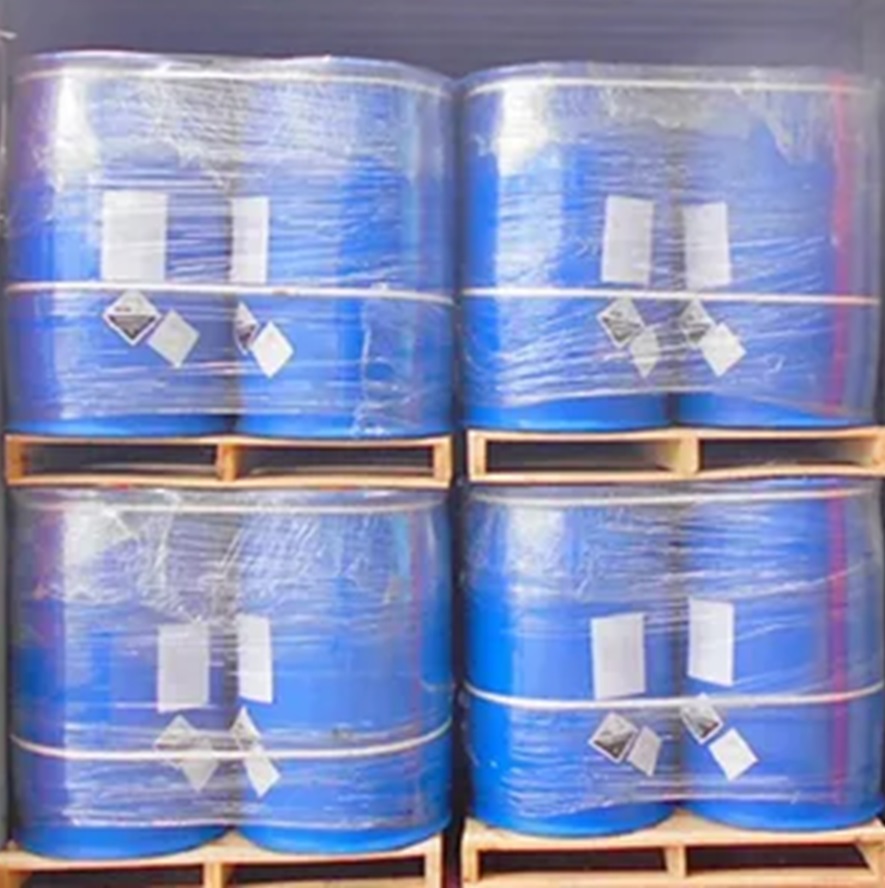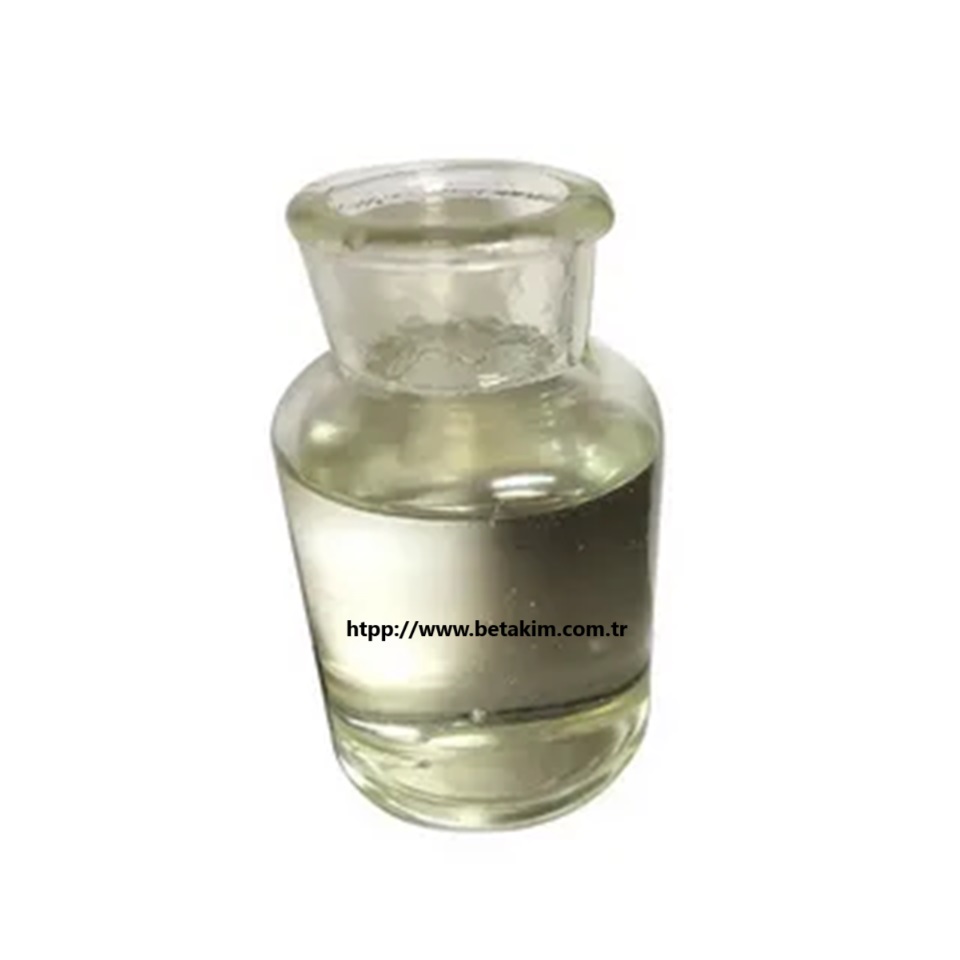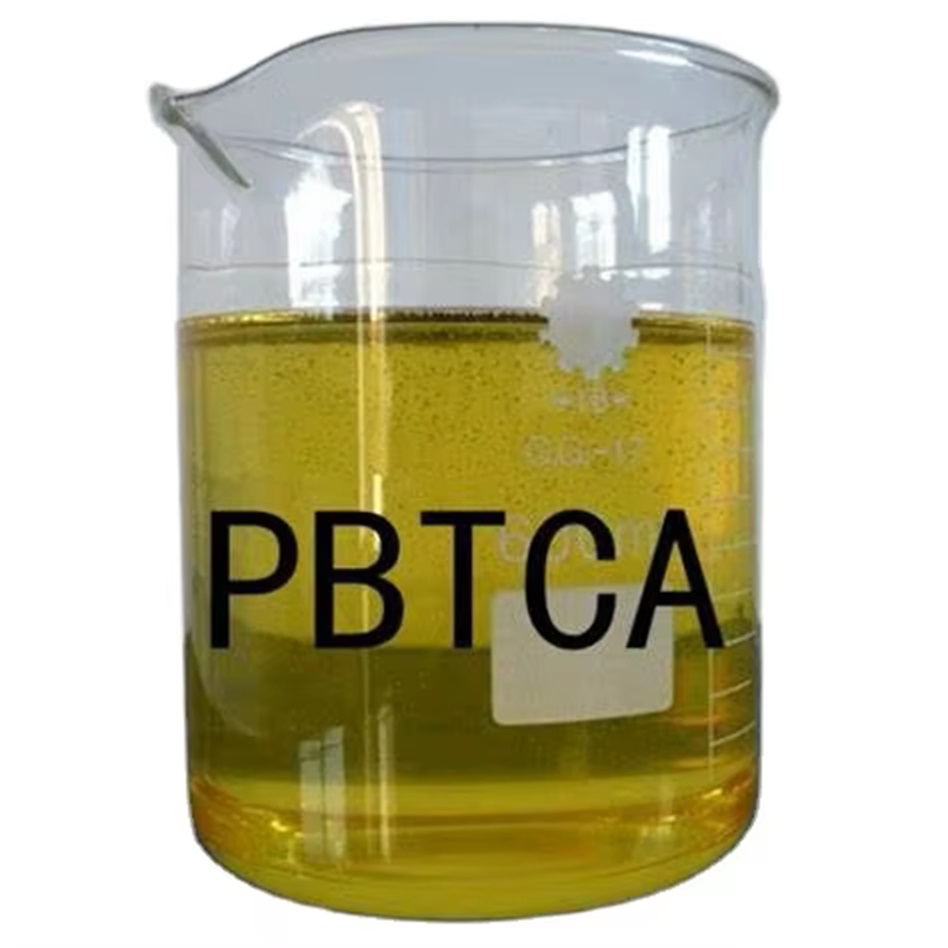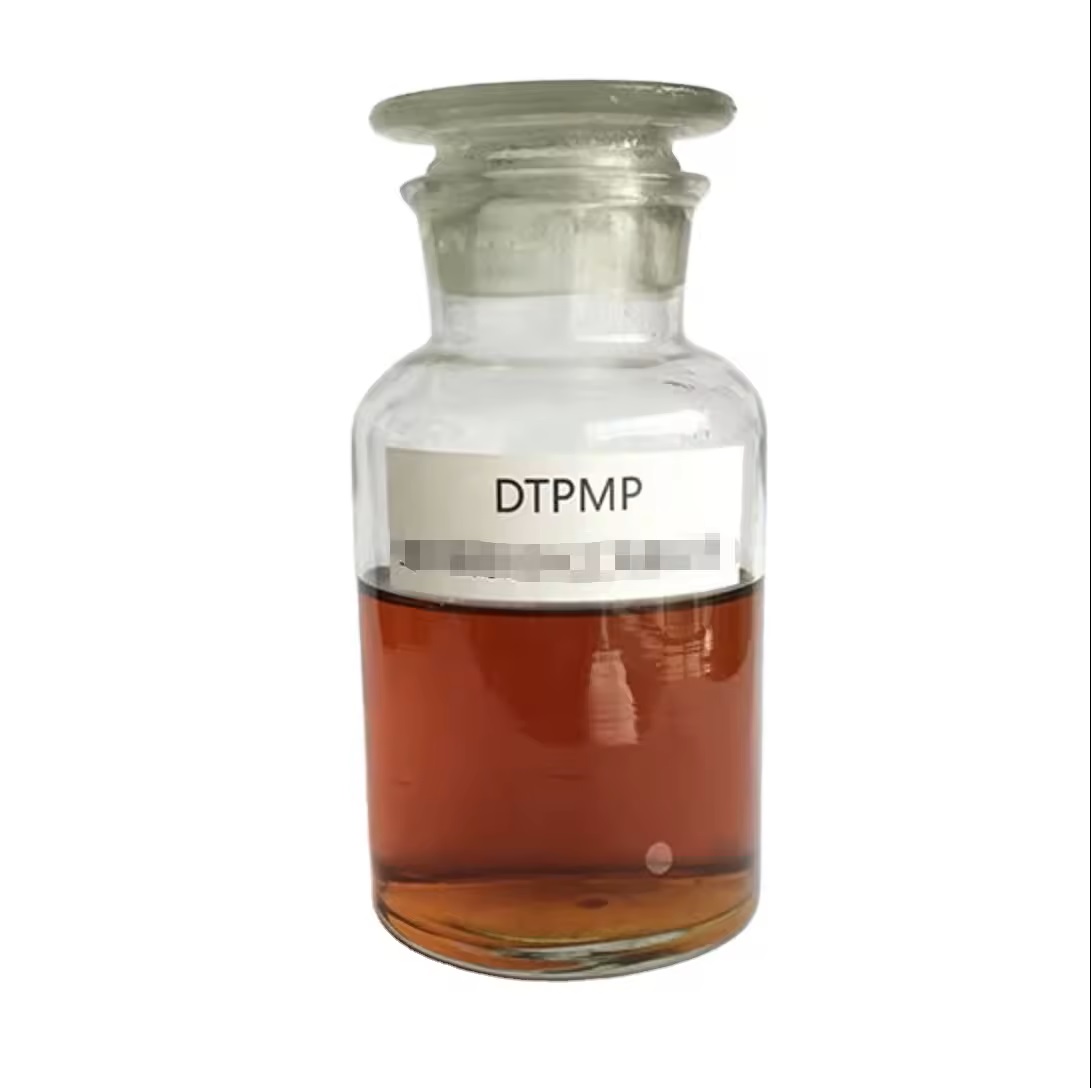We unleash your business potential by maximize the business innovation.
Send EmailEthylene Diamine Tetra Methylene Phosphonic Acid, EDTMP, EDTMPA, EDITEMPA, Dequest 2041, Antiscale and inhibitor, Ethylenediamine Tetramethylene Phosphonic acid, 1429-50-1
1. Product Description:
-
Product Name: Ethylene Diamine Tetra (Methylene Phosphonic Acid) (EDTMPA)
-
Chemical Formula: C₆H₂₀N₂O₁₂P₄
-
CAS Number: 1429-50-1
-
Appearance: White crystalline powder
-
Molecular Weight: 436.12 g/mol
-
Melting Point: 215-217°C
-
Boiling Point: 878.7±75.0°C (Predicted)
-
Density: 1.993±0.06 g/cm³ (Predicted)
-
Solubility: Slightly soluble in aqueous base, easily dissolved in ammonia
2. Product CAS No:
-
CAS Number: 1429-50-1
3. Physical and Chemical Properties:
-
Physical Properties:
-
Appearance: White crystalline powder
-
Melting Point: 215-217°C
-
Boiling Point: 878.7±75.0°C (Predicted)
-
Density: 1.993±0.06 g/cm³ (Predicted)
-
Solubility: Slightly soluble in aqueous base, easily dissolved in ammonia
-
-
Chemical Properties:
-
Chemical Formula: C₆H₂₀N₂O₁₂P₄
-
Reactivity: Strong metal ion chelating capacity, especially with cuprum ion
-
pH Stability: Stable under a wide range of pH conditions
-
4. Uses:
-
Water Treatment: Used as a scale and corrosion inhibitor in water treatment processes
-
Electronics Industry: Cleaning agent for semiconductor chips of integrated circuits
-
Pharmaceutical Industry: Carrier of radioactive elements for the detection and treatment of diseases
5. Other Names:
-
Ethylenebis(nitrilodimethylene)tetraphosphonic acid
-
EDTMP
-
EDTMP(A)
-
Dequest 2041
6. Common Name:
-
Ethylene Diamine Tetra (Methylene Phosphonic Acid)
CAS: 1429-50-1
Molecular Formula: C6H20N2O12P4
Names and Identifiers
| Name | Ethylenediamine Tetramethylenephosphonic acid |
| Synonyms | EDTMPA EDITEMPA Dequest 2041 EDTMP, EDTMPA EDTMPA (Solid) Antiscale and inhibitor Ethylenediamine Tetramethylenephosphonic acid ethylene diamine tetra-methylene phosphoric aci Ethylene Diamine Tetra(Methylene Phosphonic Acid) (Ethylenedinitrilo)-tetramethylenephosphonic acid Ethylene Diamine Tetra (Methylene Phosphonic Acid) N,N,N',N'-Tetrakis(phosphonomethyl)ethylenediamine (Ethylene-dinitrilo)-tetramethylene phosphonic acid Ethylenebis(Nitrilodimethylene)Tetraphosphonic Acid N,N,N,N-Ethylenediaminetetra(methylenephosphonic acid) Ethylene Diamine Tetra (Methylene Phosphonic Acid) Sodium ETHYLENEDIAMINETETRA(METHYLENEPHOSPHONICACID)SODIUM(EDTMPS) [ethane-1,2-diylbis(nitrilodimethanediyl)]tetrakis(phosphonic acid) N,N,N',N'-Ethylenediaminetetrakis(methylenephosphonic Acid) Hydrate |
| CAS | 1429-50-1 |
| EINECS | 215-851-5 |
| InChI | InChI=1/C6H20N2O12P4/c9-21(10,11)3-7(4-22(12,13)14)1-2-8(5-23(15,16)17)6-24(18,19)20/h1-6H2,(H2,9,10,11)(H2,12,13,14)(H2,15,16,17)(H2,18,19,20) |
| InChIKey | NFDRPXJGHKJRLJ-UHFFFAOYSA-N |
Physico-chemical Properties
| Molecular Formula | C6H20N2O12P4 |
| Molar Mass | 436.12 |
| Density | 1.993±0.06 g/cm3(Predicted) |
| Melting Point | 247 °C |
| Boling Point | 878.7±75.0 °C(Predicted) |
| Flash Point | 485.2°C |
| Water Solubility | 19.6g/L at 20℃ |
| Solubility | Aqueous Base (Slightly) |
| Vapor Presure | 0Pa at 25℃ |
| Appearance | Crystallization |
| Color | White |
| pKa | 0.13±0.10(Predicted) |
| Storage Condition | Hygroscopic, -20°C Freezer, Under inert atmosphere |
| Refractive Index | 1.622 |
| MDL | MFCD00058893 |
| Physical and Chemical Properties | Pure white crystals. Industrial products are light yellow. Goods are generally yellow-brown transparent viscous liquid. The relative density of 1.3~1.4. Dry product decomposition temperature of 223~228. Good chemical stability. |
| Use | It is used as scale and corrosion inhibitor for steam boiler, Scale Inhibitor for circulating cooling water, stabilizer for peroxide, metal ion chelating agent for electroplating industry, etc. |
Risk and Safety
| Hazard Symbols | Xi - Irritant |
| Risk Codes | 36/37/38 - Irritating to eyes, respiratory system and skin. |
| Safety Description | S26 - In case of contact with eyes, rinse immediately with plenty of water and seek medical advice. S36/37/39 - Wear suitable protective clothing, gloves and eye/face protection. |
| HS Code | 29212900 |
Upstream Downstream Industry
| Raw Materials | Formaldehyde Phosphorus trichloride Ethylenediamine |
Nature
white crystalline powder at room temperature. The melting point of 215~217 deg C, the relative density of 1.3~1.4. Decomposition temperature of 223~228. Slightly soluble in water, at room temperature solubility of less than 5%, soluble in ammonia. Chemical stability and thermal stability is good. Industrial products are light yellow.
Preparation Method
using ethylene glycol as an intermediate medium, ethylene glycol phosphonate chloride is generated by the reaction of ethylene glycol with phosphorus trichloride, and then reacted with ethylenediamine to obtain phosphorous acid, and then the reaction of phosphorous acid with formaldehyde to obtain ethylenediamine tetramethylene phosphonic acid. Alternatively, formaldehyde is nucleophilic added with ethylenediamine to form hydroxymethylamine, which is then esterified with the hydrolysis product of pcl3.
Use
EDTMP is a methylene phosphonic acid Cathodic corrosion inhibitor, which has more prominent cathodic protection effect than inorganic polyphosphate, and the corrosion inhibition rate is about 7 times higher. At 200 deg C has better scale inhibition. The combination of EDTMP and polymaleic anhydride can effectively reduce the scaling rate. EDT-MP do Scale Inhibitor Used alone concentration is 10 mg/L,EDTMP do inhibitor used alone concentration is greater than lOOmg/L,EDTMP and low relative molecular mass scale inhibitor used in combination concentration is less than 5mg/L. The combination of EDTMP and sodium gluconate can clean and treat the metal surface and remove the grease on the metal surface. In addition, high-purity EDTMP can be used as a cleaning agent for semiconductor chips in the electronics industry; In the pharmaceutical industry as a carrier of radioactive elements for the detection and treatment of diseases; EDTMP has a strong ability to chelate metal ions, and the complexation constant with copper ions is the largest of all chelating agents, including ethylenediaminetetraacetic acid, and can be replaced by EDTMP in almost all places where ethylenediaminetetraacetic acid is used as a chelating agent.
Safety
non-toxic. Oral LD50:6900mg/kg for rats in a 25% suspension in corn oil. The minimum lethal dose of 25% corn oil on the skin of rabbits was greater than 5010mg/kg, indicating that there was no irritation. The test of eye irritation of rabbits with the ultrafine powder of this product showed that it had moderate irritation. Water fish such as rainbow trout and pika fish on the lethal concentration of this product are greater than lOOOmg/L. Can be regarded as no response to this product.
Classification
There are many types of scale and corrosion inhibitors, usually the compounding of some compounds with special structures, and the types should be selected according to factors such as metal surface conditions, corrosion medium composition and operation conditions. Commonly used scale inhibitors in water treatment include inorganic polyphosphate, organic phosphonic acid, phosphonic acid, organic phosphonic acid, polycarboxylic acid, etc.
There are many types of scale and corrosion inhibitors, and the main products with both corrosion and scale inhibition functions are:
Organic phosphorus scale and corrosion inhibitors: such as ATMP, HEDP, DTPMPA, EDTMPS, HPAA, etc.;
In addition, a small amount of polymer also contains certain scale and corrosion inhibition functions, such as phosphonyl carboxylic acid copolymer, green scale and corrosion inhibitor PESA, PASP, etc.
Scale and corrosion inhibitors are mainly used in industrial circulating water systems such as power plants, steel plants, fertilizer plants, oil field water injection systems, etc. General end users use a single agent as a scale and corrosion inhibitor is not much, according to the system situation to set the scheme, add a special corrosion and scale inhibitor.
In addition, there are many special corrosion inhibitors, such as MBT (copper corrosion inhibitor), BTA (benzotriazole), TTA (methyl benzotriazole), and hydrochloric acid pickling corrosion inhibitors.
Reference Information
| LogP | -4.1 |
| use | used in organic synthesis and pharmaceutical industry, dye intermediates, etc. EDTMP has a strong ability to chelate metal ions, and the complexing constant with copper ions is the largest among all chelating agents including EDTA. EDTMP is a high-purity reagent and non-toxic. It can be used as a cleaning agent for semiconductor chips in the electronic industry to manufacture integrated circuits. As a carrier of radioactive elements in the pharmaceutical industry, it is used to check and treat diseases. The chelating ability of EDTMP far exceeds EDTA and DTPA, and EDTMPA can be replaced in almost all places where EDTA is used as chelating agent.; Used as scale and corrosion inhibitor for steam boilers, scale inhibitor for circulating cooling water, stabilizer for peroxide, metal ion chelating agent for electroplating industry, etc. |
| production method | there are three synthesis methods. Formaldehyde and ethylenediamine undergo nucleophilic addition to generate hydroxymethylamine, which is then esterified with the hydrolysate of PCl3. Using ethylene glycol as the intermediate medium, ethylene glycol reacts with carbon dichloride to form phosphate chloride, and then reacts with ethylenediamine and formaldehyde to form EDTMP. EDTA,PCl3 synthesis. The first two methods have few by-products, high yield and good product purity. But the cost is high and the raw materials are more expensive. At present, the country is still dominated by (1) law. First, add stoichiometric ethylenediamine to the reaction kettle and add appropriate amount of water to dissolve. Stir well. Then add phosphorus trichloride dropwise under cooling. The reaction temperature should be 40~60 ℃. After dropping, the temperature is raised to 60 ℃, and formaldehyde aqueous solution is added dropwise. After dropping, the temperature was raised to 100~120 ℃ and the reaction was about 5 hours. Cool and blow out the residual hydrogen chloride with air. Add sodium phosphate aqueous solution to adjust the pH value to 9.5~10.5. The discharge is the finished product. |
Introduction
Scale and corrosion inhibitor is composed of organic phosphine, excellent copolymer and copper corrosion inhibitor. It has excellent corrosion inhibition performance for carbon steel, copper and copper alloy, and excellent for calcium carbonate and calcium phosphate Scale and dispersion performance. This product is mainly used in open circulating cooling water treatment systems, especially suitable for systems containing copper equipment. This product can be used for water quality with high pH, high alkalinity and high hardness, and is one of the ideal water treatment agents for alkaline operation without adjusting pH.
Scale and corrosion inhibitor is a water treatment agent with a composite ratio of one or more single agents. It has the following characteristics: synergistic effect, simultaneous control of corrosion of multiple materials, and simultaneous control of corrosion and scale formation.
